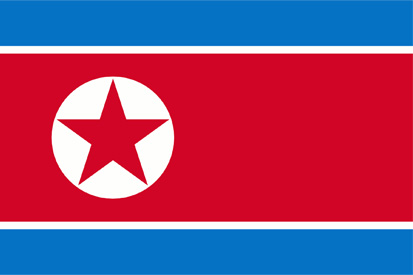
When teen pop star Justin Bieber asked web users which country he should visit on tour next, it is unlikely that his management foresaw that North Korea would be the answer. Bieber is the latest in a long line of megabrands to come unstuck thanks to crowdsourcing.
While big brands such as Unilever and Chevrolet have embraced the practice as a way to develop creative ideas, the question arises as to whether the crowd should be trusted.
Everyone, it seems, wants to tap into crowdsourcing. Even Nick Clegg, the deputy prime minister, has used the government-sponsored Your Freedom website to ask the public which laws should be repealed. This has brought to the fore the 'elephant in the room' - namely, that crowdsourcing can often draw the attention of the more unhinged elements of society, along with the satirically minded.
One user of the Your Freedom site, for example, took the opportunity to call for a relaxation of the laws on pachyderm ownership. 'The regulations on owning an elephant are complex,' they posted. 'We believe it is not the state's business to discriminate against pet-lovers and propose a simplification in the rules on the statute books. Due to excessive regulation, ownership of a pet elephant is almost impossible for hard-working families on average incomes.'
Careful oversight
Brands that invite consumers to play with their logo or generate ideas invite criticism as well as pranks. Sara Gill, commercial director of youth marketing agency The Lounge Group, says this risk can be cut by effective handling. 'Once a brand opens itself up to crowdsourcing, it has to manage this carefully - and potentially take the results to form future work, but not necessarily the work itself,' she says.
This appears to be the model embraced by Chevrolet, which has appointed crowdsourcing platform Idea Bounty to manage an initiative, backed by a team of producers.
So is crowdsourcing simply a way to generate cheap creative ideas, bypassing the traditional agency model? It should come as no surprise that there is disquiet about the trend among the major agency groups, the argument being that businesses wouldn't ask just anyone to get involved in building a high-speed train, so why should they trust anonymous third parties with their marketing activity?
However, Jon Ratcliffe, marketing director of Quirk eMarketing, which owns Idea Bounty, says that a significant number of ideas are actually submitted by professionals.
'The response we get is often expert-generated rather than user-generated content,' he says.
Not only does this 'expert' crowdsourcing have the potential to save brands substantial sums, but it also offers the creative community a flexible way to supplement their income. However, the prevalence of fraudulent 'contests' with no subsequent winner and other unscrupulous practices have meant that crowdsourcing is no bed of roses for creatives either.
The cost savings are popular with marketing directors, however. They have used the recession as an opportunity to clamp down on paying for 'show ponies' - creative directors who enjoy substantial fees due to their profile. As one marketing director at a major record label says: 'I can see the astronomical cost of their time on my billings, but I can't see what they bring to my business.'
However, Ratcliffe says that, while crowdsourcing is a cost-effective way to generate ideas, it is not cost alone that is driving the trend. 'You could give a brief to a creative agency and get one idea from a team of two who would spend their time trying to crack the problem, or you could get over 100 fresh ideas,' he adds.
Love it or loathe it, crowdsourcing is here to stay.
CRASHED AND BURNED - WHEN THE CROWD LACKS WISDOM
CADBURY
Cadbury Ireland launched a EUR10,000 'Cadbury Apprentice Contest' to design a Dairy Milk wrapper. The two top designs got well over 25,000 votes each and, in February this year, the confectionery company picked a winner. There was one problem: the winning design bore an uncanny resemblance to an existing piece of work. Cadbury had to retract its decision and award the prize to the designer who came second.
US GOVERNMENT
When the White House and State of California turned to crowdsourcing, the most popular policy changes recommended by the public were releasing all information on UFOs and the legalisation of marijuana.

